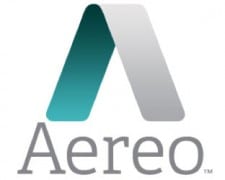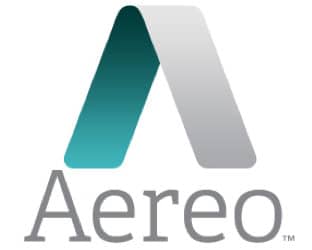 Finally, some common sense and clarity: The Second Circuit Court of Appeals is skeptical of some of the arguments presented by Aereo, Barry Diller’s service that provides subscribers with Internet access to over-the-air TV signals without compensating TV broadcasters.
Finally, some common sense and clarity: The Second Circuit Court of Appeals is skeptical of some of the arguments presented by Aereo, Barry Diller’s service that provides subscribers with Internet access to over-the-air TV signals without compensating TV broadcasters.
During arguments, the judges on the panel Denny Chin, John Gleeson and Christopher Droney, showed clearly that they found some elements of Aereo’s business unsavory. Aereo enables users to watch local broadcast signals via their own personal antennas and it claims this makes it a legal, private performance and not a public performance. So far, Aereo has successfully sidestepped copyright infractions.
Fox, ABC, NBC and CBS say in their lawsuits earlier this year that Aereo’s service violated their copyrights and said the service must pay them retrans fees. The broadcasters appealed a district-court decision issued in July to allow Aereo to keep operating and were before the U.S. Court of Appeals for the Second Circuit 12/3 to argue that Aereo must be shut down immediately, reported CNet.
The judges further compared the Aereo antennas to a tax dodge and questioned whether they weren’t part of some “fiction” designed to skirt copyright law. One of the hearing’s most dramatic moments, said CNet, came when one of the judges noted that Aereo’s service would be much more efficient if it used one giant antenna to distribute the signals. He asked David Hosp, Aereo’s attorney, whether there existed any legitimate technological or business reason for implementing the scores of tiny antennas.
Hosp seemed surprised by the question but after a few moments composed himself and acknowledged that Aereo did build the antennas for the sake of complying with copyright law and not for business or technological reasons. But he reminded the judges that the antennas did in fact help Aereo’s service “follow the law to a T.”
Bruce Keller, an attorney for the networks, told the panel that Aereo says “they’re not a re-transmitter because they’re not transmitting signals directly [to the customer] but Aereo is a re-transmitter in every sense of the word.”
He also attacked Aereo’s claim that the Cablevision case, decided by the same appeals court, protected the service. Cablevision, a cable TV provider, began hosting a digital DVR service and it was sued by the same broadcasters suing Aereo. The appeals court found in favor of Cablevision and ruled that the copying of content by individual users was not copyright infringement. The court also decided that replaying shows to an original audience (time shifting) wasn’t a public performance.
RBR-TVBR observation: The panel of judges is stating the obvious like the rest of us, and this is good news. Aereo is not free and is violating copyright by streaming/retransmiting these signals without permission. No cable MSO or satellite MVPD can retransmit these signals without permission and a deal in place. Why should Aereo be above the law here? However you slice it—little antennas in Newark or not—Aereo is charging a fee to customers to retransmit signals illegally. Make a deal with the broadcasters like everyone else!






Well it is retransmission in a way….I have read that the signal is delayed even momentarily and that there is
Compression of the original signal, so it is not unadulterated.
“Make a deal with the broadcasters like everyone else!” Can you name a SINGLE company that has successfully licensed live broadcast feeds other than an MVPD? There are none because the broadcasters aren’t obligated. With the sunsetting of Program Access there is no compelling argument. When you talk of “laws,” most were created for a distinct purpose based on current situations. \Why on gods green earth do I HAVE to subscribe to cable to watch broadcast TV on my iPad? It seems to me that it’s time for some new laws.
Comments are closed.